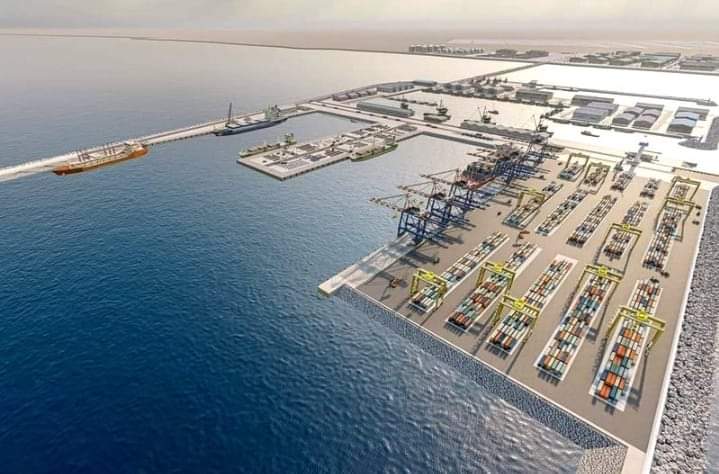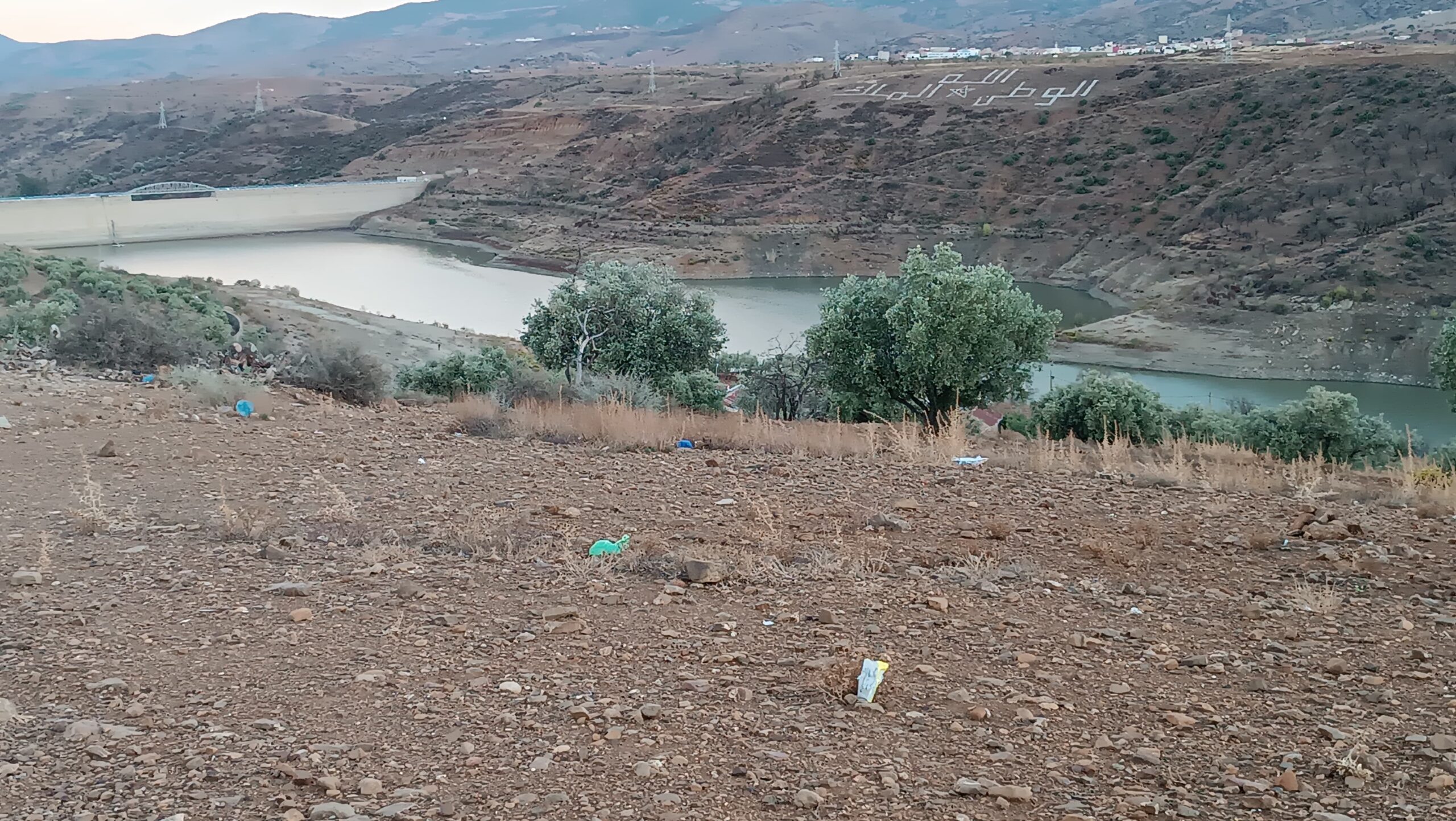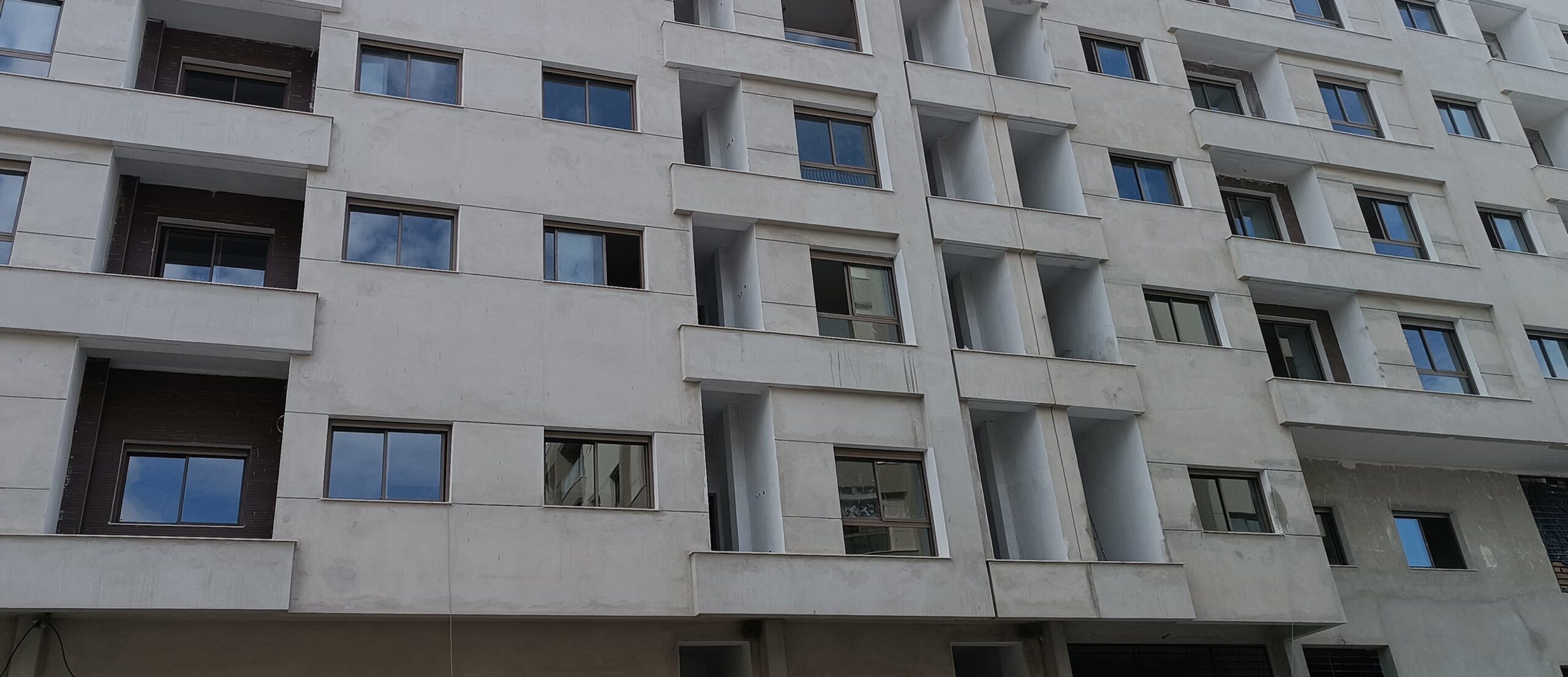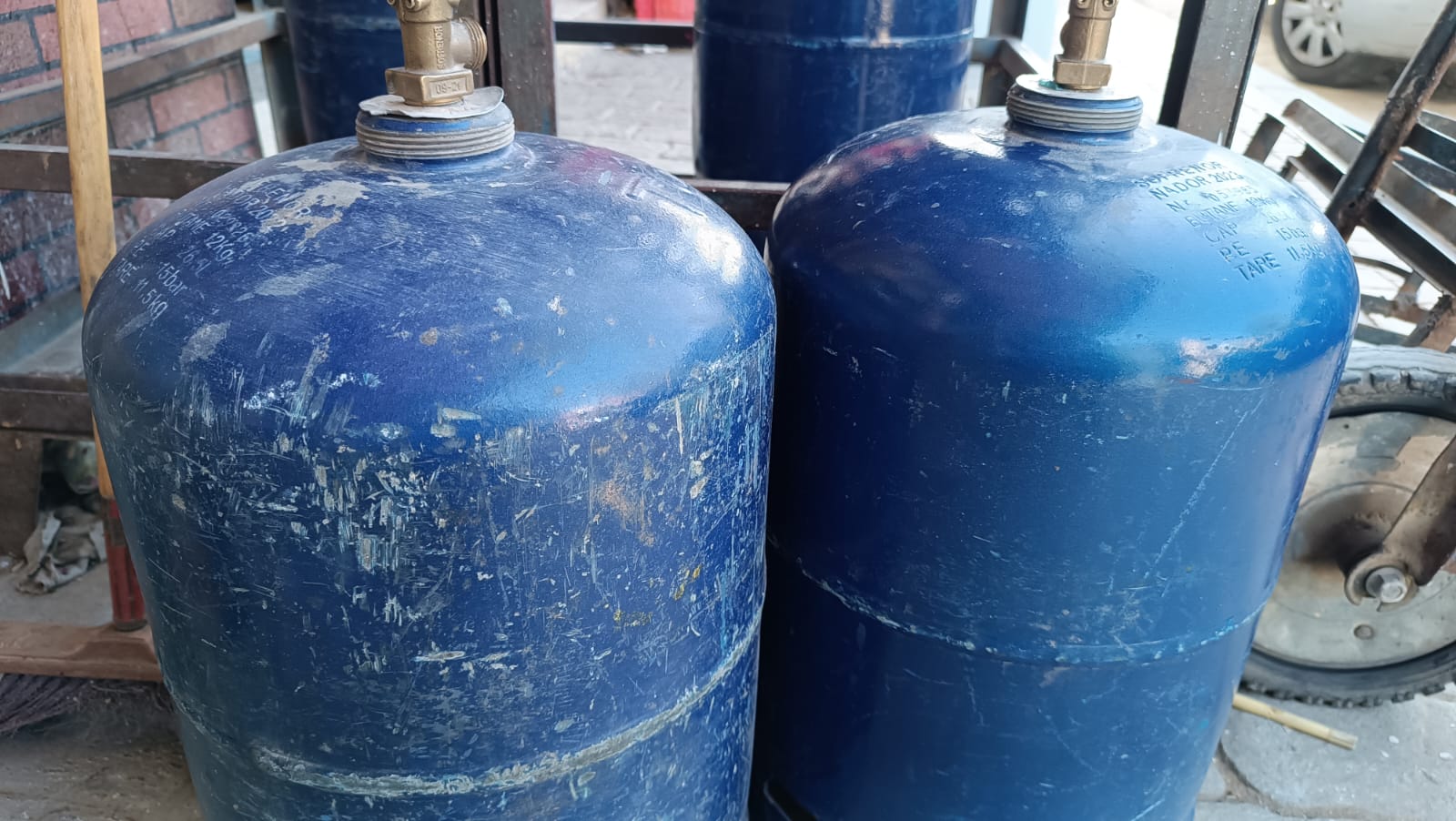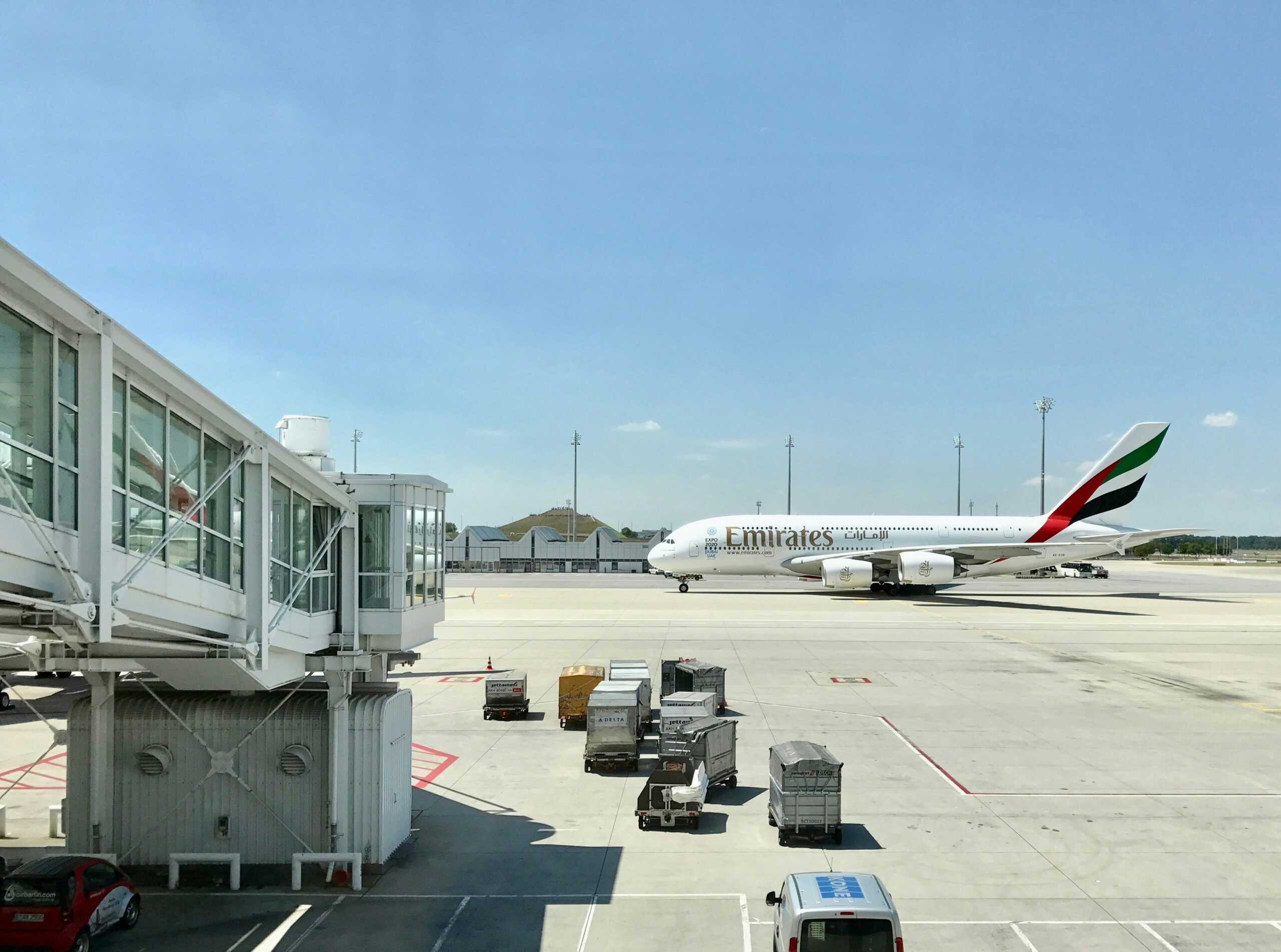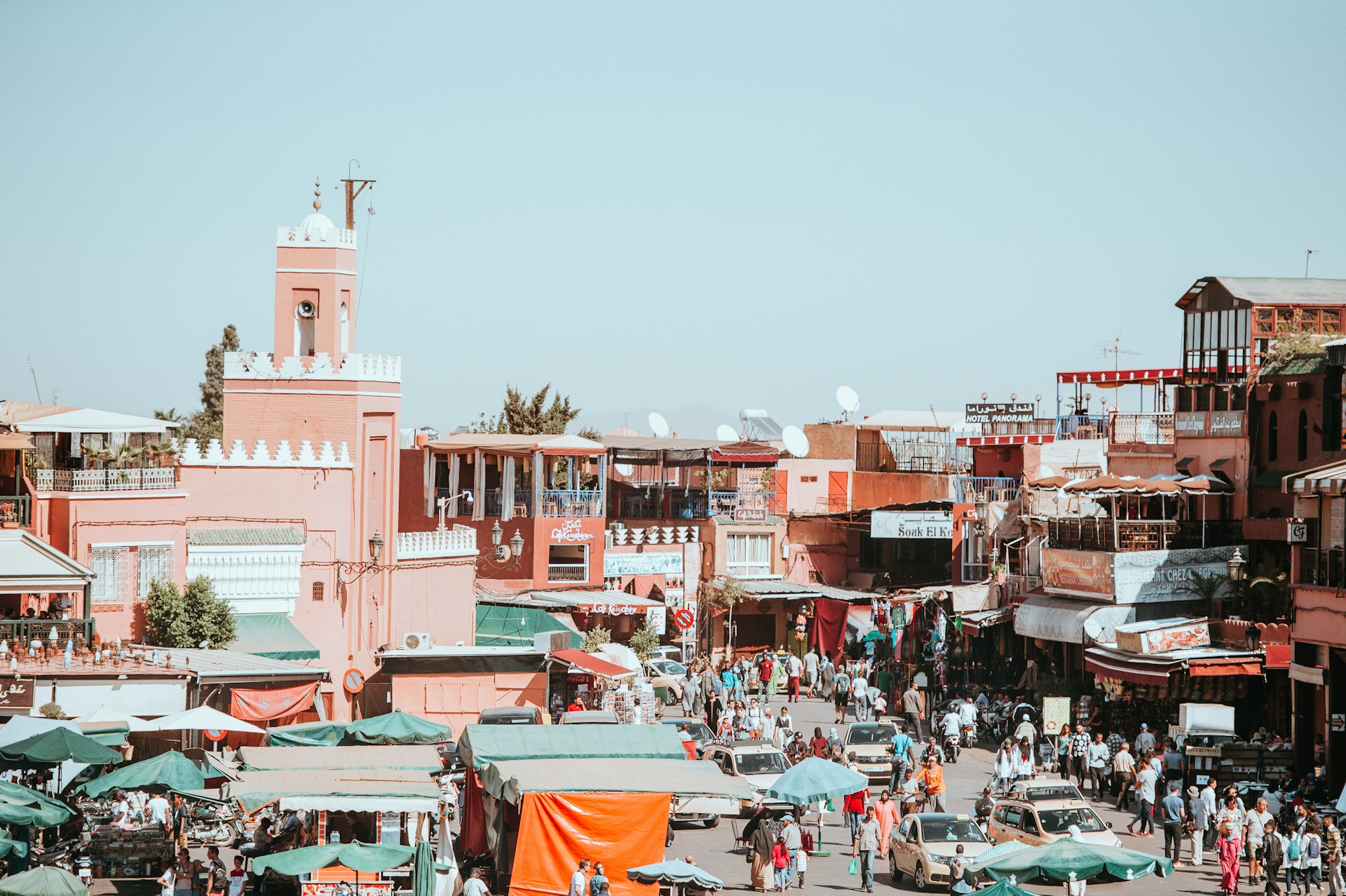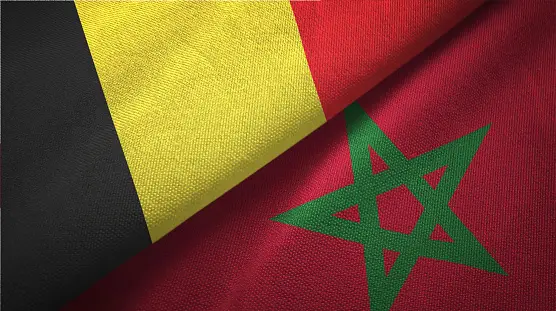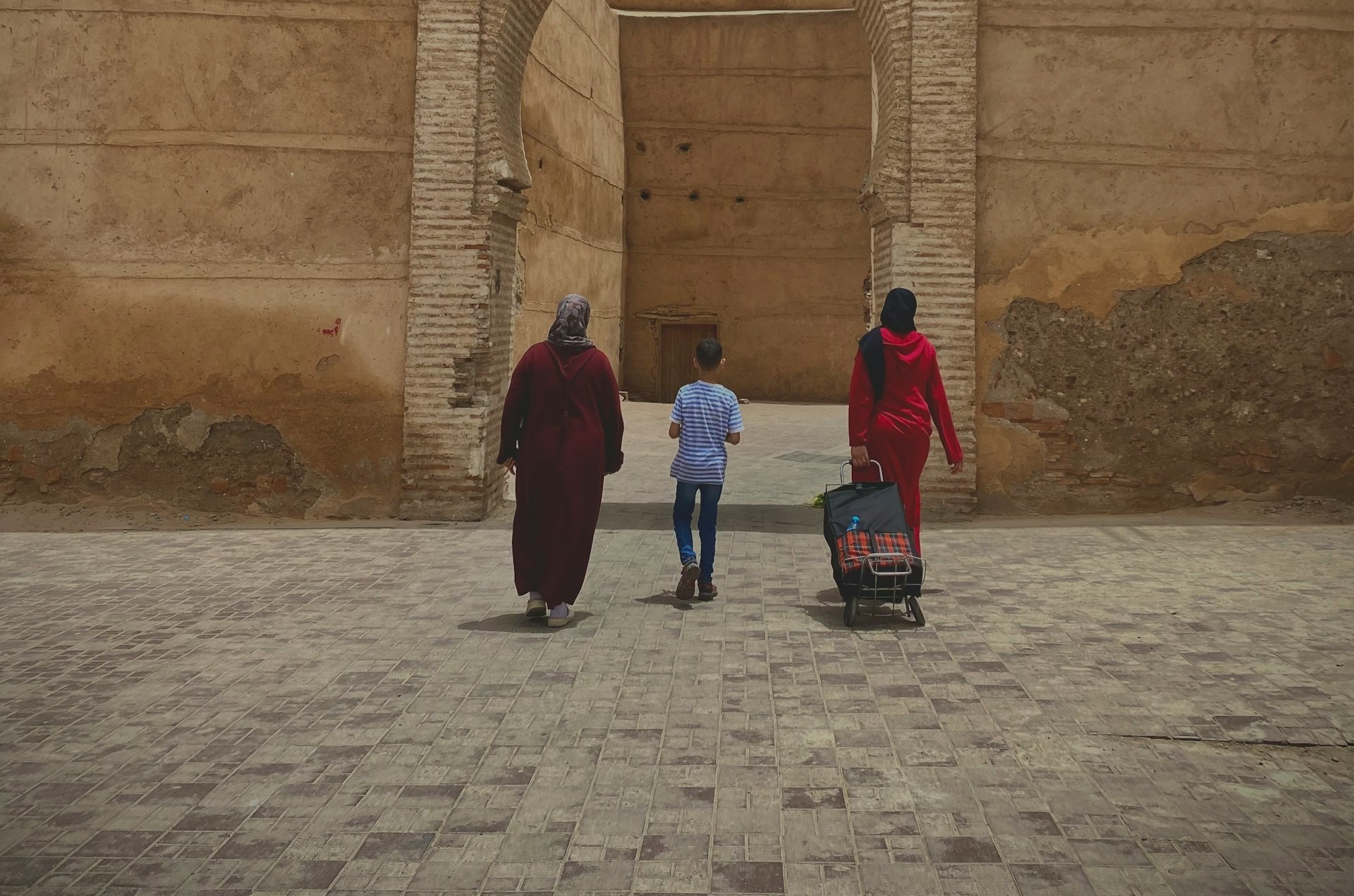Casablanca – Social protection has become one of the key pillars of Morocco’s national development strategy, reflecting the government’s commitment to reducing inequalities and ensuring a more just and inclusive society. Under the leadership of King Mohammed VI, the Moroccan government has launched a comprehensive reform aimed at expanding health coverage, providing direct financial assistance to vulnerable families, and reinforcing the overall social security system.
This ambitious reform, which is being implemented in stages, has already delivered tangible results, benefiting millions of Moroccans. The initiative seeks not only to alleviate poverty but also to promote long-term social stability and economic resilience.
Expanding health coverage: A milestone in social security
One of the most significant achievements of Morocco’s social protection reform is the expansion of health coverage to include millions of previously uninsured citizens. Through the AMO Tadamon system, individuals unable to pay for health insurance now have access to medical care, ensuring that financial constraints no longer prevent people from receiving essential treatment.
As of early 2025, approximately 11.1 million Moroccans are benefiting from this extended health coverage. This includes access to public hospitals and private healthcare facilities, covering a wide range of medical services. Importantly, the government fully finances the insurance contributions for those in need, allocating an annual budget of around $979 million to cover these costs.
The system has already processed more than 527,000 healthcare claims, with total medical expenses exceeding $60.7 million. Additionally, over 43,000 certificates for medication cost coverage have been issued, with a total value of $63.7 million. In terms of reimbursements, approximately 523,000 claims have been settled, amounting to more than $896 million in refunded medical expenses.
Ensuring fair access to medication and healthcare services
To enhance citizens’ access to essential medicines, the government has implemented new measures to facilitate financial support for prescribed medications. Furthermore, the number of medical services billed in public hospitals has exceeded 53 million treatments, with a total cost of approximately $37.8 million.
Beyond financial coverage, the reform also prioritizes the improvement of Morocco’s healthcare infrastructure. The government is investing heavily in hospital modernization, the training of medical professionals, and the decentralization of healthcare services to ensure equitable access to quality treatment across all regions.
Direct Social Assistance: Supporting vulnerable families
Recognizing that healthcare alone is not enough to lift families out of poverty, the Moroccan government has also introduced a Direct Social Assistance Program to provide financial support to families in need. Launched through an online platform in December 2023, this initiative has already reached nearly 4 million families, benefiting approximately 12 million individuals.
Eligible households receive monthly financial aid ranging between $51 and $124, depending on their specific needs. Additionally, special financial assistance is provided during critical times of the year, such as the back-to-school season, to help families cover the costs of education.
The program represents a fundamental shift in the government’s approach to social welfare, moving away from fragmented subsidies toward a more direct and transparent support system. By 2024, the budget allocated for direct financial assistance stood at $2.58 billion, and this amount is set to increase to $2.99 billion by 2026 to ensure the program’s sustainability.
Expanding coverage for the self-employed and informal workers
Another crucial aspect of the social protection reform is the inclusion of self-employed workers, freelancers, and informal laborers under the national health insurance system. Historically, these groups faced difficulties in accessing health coverage due to irregular incomes and lack of formal employment contracts.
In response, the government introduced 22 regulatory decrees to facilitate their integration into the system. Additionally, it canceled outstanding debts related to health insurance contributions and waived late payment penalties until June 2023.
As a result, the number of self-employed individuals and informal workers registered under AMO has exceeded 1.7 million, while the total number of beneficiaries, including family members, has reached 3.9 million. The National Social Security Fund (CNSS) has also processed 3.8 million insurance claims, distributing more than $309 million in reimbursements.
A Long-term vision for sustainable social protection
To ensure the financial sustainability of this vast social protection project, the Moroccan government has adopted a multi-pronged strategy that includes optimizing public spending, mobilizing additional financial resources, and leveraging technology to improve service delivery.
At the heart of this strategy is a commitment to good governance, transparency, and efficiency in the administration of social welfare programs. The government is also working closely with international institutions and private-sector partners to secure long-term funding and expertise for the continued expansion of these initiatives.
The Moroccan social protection reform is not merely a short-term relief measure—it represents a long-term transformation aimed at creating a more resilient, equitable, and prosperous society. By ensuring access to healthcare, providing direct financial assistance to vulnerable families, and expanding coverage to previously excluded groups, Morocco is laying the foundation for a future where all citizens can live with dignity and security.







